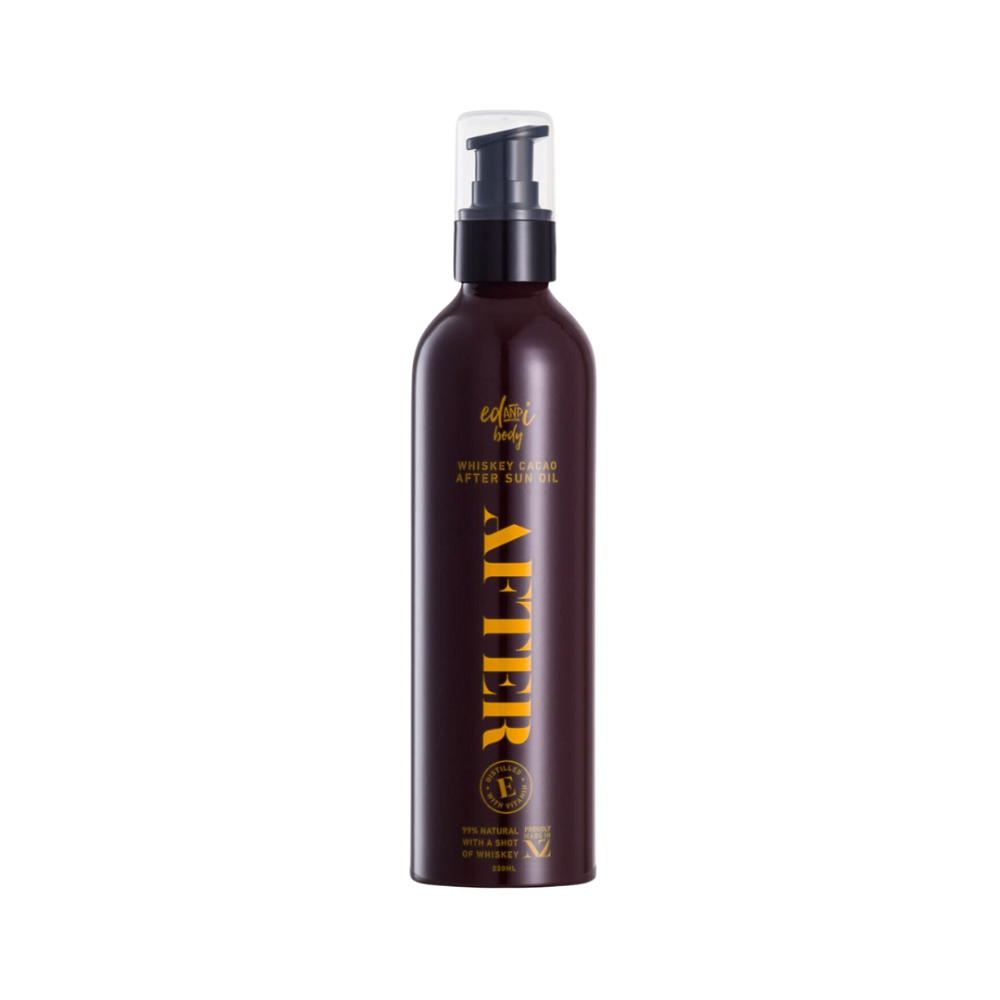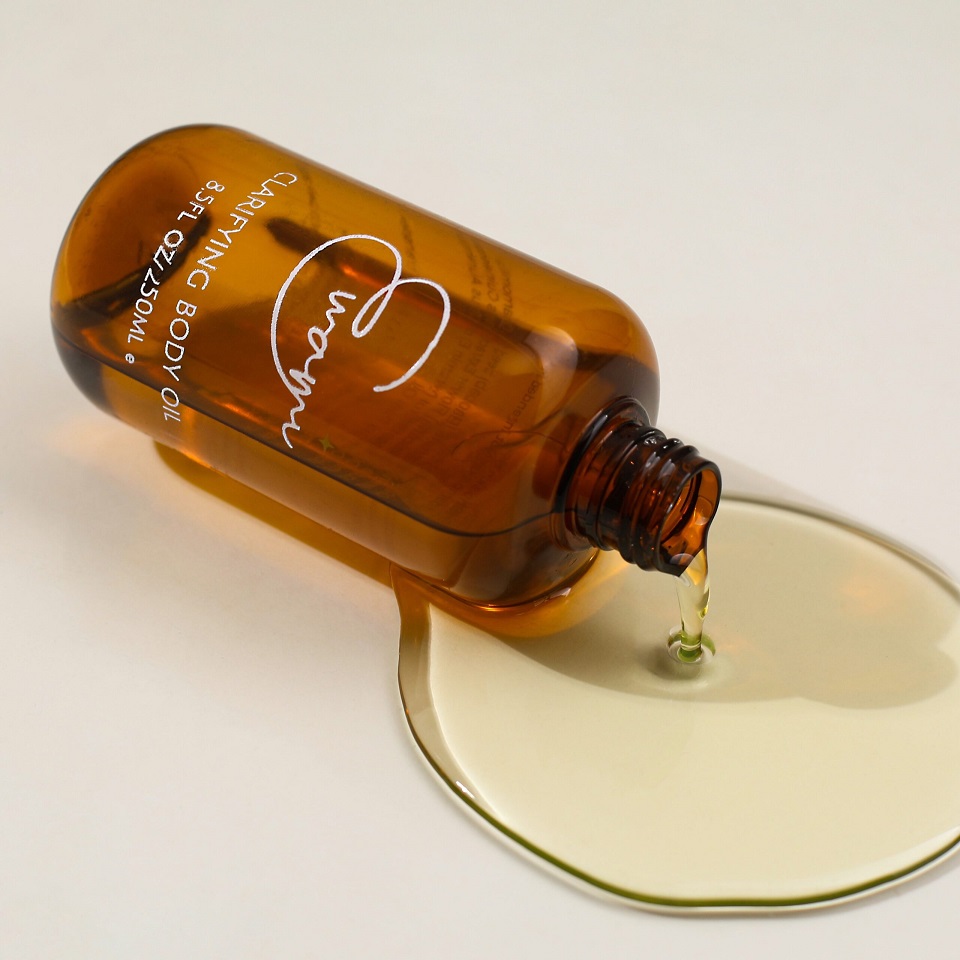Introduction
Body oil is a popular skincare product that many people incorporate into their routines. It offers various benefits that go beyond simply moisturizing the skin. When used correctly, body oil can contribute to a radiant appearance, improved skin health, and an overall feeling of well-being. This article will explore the various aspects of body oil, including its ingredients, benefits, and how to use it effectively.

What is Body Oil?
Ingredients of Body Oil
Body oils are typically made from natural oils derived from plants, herbs, and seeds. They may contain ingredients like almond oil, jojoba oil, coconut oil, argan oil, and essential oils. Each of these ingredients has unique properties that contribute to skin health. For instance, almond oil is rich in vitamin E and can help soothe dry skin. Jojoba oil closely resembles the natural oils of the skin, making it a great option for balancing oil production.
Essential oils, like lavender and tea tree oil, may also be added to body oils. These oils not only provide a pleasant fragrance, but they also have therapeutic properties. Lavender oil can help reduce stress and promote relaxation. Tea tree oil, on the other hand, is known for its antibacterial and anti-inflammatory properties. Therefore, body oil can be tailored to meet specific skin needs and preferences.
Different Types of Body Oils
Body oils come in various forms. Some are created for specific purposes, while others are more general. For example, some oils are designed for massage, helping to ease muscle tension and promote relaxation. Others may serve as skin treatments for specific concerns, such as stretch marks or scars.
Additionally, some people choose to use body oils as a part of their daily skincare routine. Light oils absorb quickly and are suitable for everyday use. Heavier oils might be better for nighttime routines, providing deep hydration while you sleep. Each type has its appropriate use, so it’s wise to choose one that aligns with your needs.
The Benefits of Body Oil
Hydration and Moisture Retention
One of the primary benefits of using body oil is hydration. Body oils add a layer of moisture to the skin. They lock in hydration and prevent moisture loss throughout the day. This is particularly important for those with dry or sensitive skin. Regular use can lead to softer and smoother skin.
When applied after bathing, body oil can create a barrier that traps water in the skin. This is especially effective when the skin is still slightly damp. By doing this, it enhances the overall hydration levels. This technique helps to combat dryness caused by environmental factors like cold weather or air conditioning.
When choosing an oil for hydration, it’s a good idea to look for those rich in fatty acids. These fatty acids help to restore the skin’s natural barrier. This ensures that the skin remains moisturized and healthy.
Improved Skin Texture
Another significant benefit of body oil is its ability to improve skin texture. Regular application can lead to noticeably smoother and firmer skin. Oils like argan oil are rich in antioxidants, which help combat free radicals. Free radicals can cause skin to look dull and uneven. By using body oil, you can promote a more youthful and vibrant appearance.
Additionally, body oils can help reduce the appearance of scars and stretch marks. While they won’t eliminate them completely, regular use can improve the overall texture of the skin. This is particularly effective when the oil is massaged into the skin. Massaging improves blood circulation and promotes skin renewal, helping your skin recover from various imperfections.
Enhanced Absorption of Nutrients
Body oils can enhance the absorption of other skincare products. When used in conjunction with lotions or serums, oils can help these products penetrate deeper into the skin. This can make your overall skincare routine more effective. By applying body oil first, you create a barrier that allows other products to work better.
It’s often advised to apply body oil before moisturizing. This can lock in the benefits of both products. The oil serves as a medium that improves penetration, ensuring that your skin receives all the nutrients it needs.
Aromatherapy Benefits
Many body oils are infused with essential oils. This adds a fragrant aspect that can greatly enhance the skincare experience. The scent of the oil can affect your mood and well-being. For example, eucalyptus and chamomile are often used for their calming effects.
When you apply a scented body oil, you can enjoy a moment of relaxation. This makes it a great addition to your self-care routine. Using body oil in this way can alleviate stress and enhance your mood. The power of scent shouldn’t be underestimated, as it can contribute to emotional well-being.
How to Use Body Oil Effectively
Application Techniques
Using body oil effectively can significantly enhance its benefits. Start with a small amount of oil, as a little usually goes a long way. Warm the oil in your hands before applying, as this makes it easier to spread. Gently massaging the oil into your skin helps to improve circulation while ensuring even coverage.
Some prefer to apply body oil directly to damp skin after a shower. This method locks in moisture and maximizes hydration. Others may choose to use oils during massage sessions, allowing both the oil and touch to promote relaxation.
Remember to pay attention to areas that tend to be drier, such as elbows and knees. Applying a bit more oil to these spots can help further improve hydration. Regular use is key to seeing the long-term benefits of body oil.
Choosing the Right Body Oil
Selecting the right body oil is essential to maximizing its benefits. While some oils are suitable for all skin types, others may be better for specific needs. For dry skin, heavier oils like coconut oil or olive oil may provide necessary hydration. If you have oily skin, lightweight oils like grape seed or jojoba oil might be more suitable.
It’s also crucial to check for allergies. Always conduct a patch test before incorporating any new oil into your routine. This ensures that your skin won’t react negatively. Once you find the right oil for your skin, you can fully enjoy its benefits.
Dosage and Frequency of Use
Determining how often to use body oil will depend on individual needs. For most, applying it 2 to 3 times a week is sufficient. However, those with extremely dry skin may find it beneficial to use body oil daily.
It’s essential to listen to your skin. If you notice that your skin feels greasy after application, you may be using too much oil. Adjust your dosage based on how your skin reacts. The goal is to achieve soft and hydrated skin without feeling oily or heavy.
Conclusion
Body oil is a versatile skincare product with numerous benefits. It provides hydration, improves skin texture, and enhances nutrient absorption. Additionally, scented oils offer aromatherapy advantages, further enriching your skincare routine.
Implementing body oil into your daily routine can lead to healthier and more radiant skin. Understanding the various types of oils available will help you make informed choices. By using body oil correctly, you can enjoy all its remarkable benefits.
The right application techniques, frequency of use, and understanding your skin type will maximize the effectiveness of body oil. As a result, incorporating body oil can transform your skincare regimen. Experience the difference for yourself, and watch as your skin flourishes with love and care.


